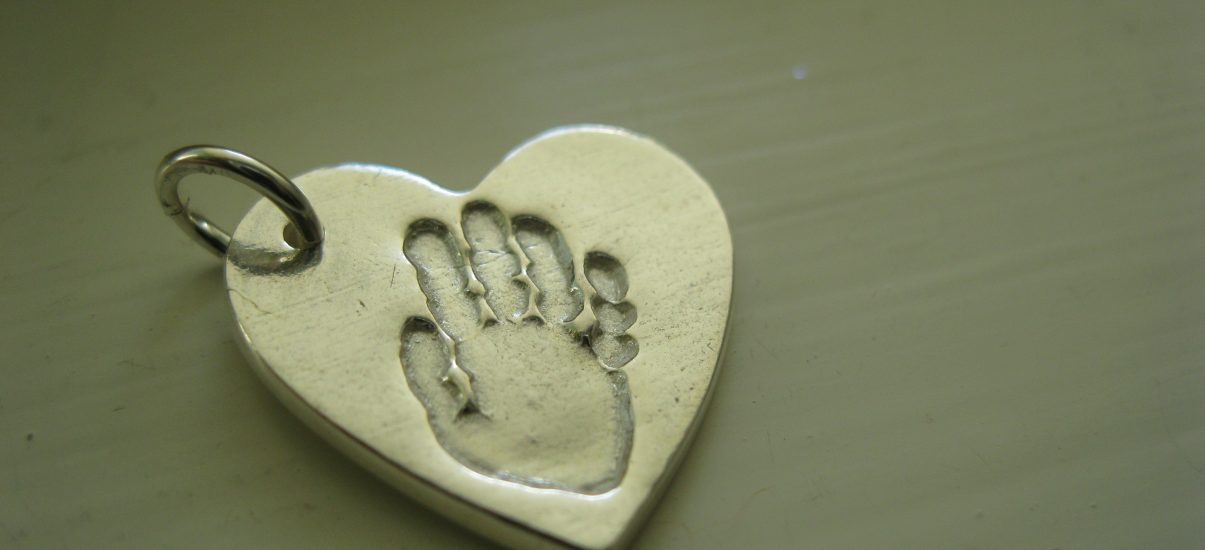

Childhood Cancer Awareness Month and the Power of Holistic Care
In the month of September, as the leaves begin to change and students head back to school, there exists a profound shift that extends far beyond the transition from summer to fall. For many, this signifies the beginning of Childhood Cancer Awareness Month, a time dedicated to raising awareness about the harrowing journey that young cancer warriors and their families undertake. It’s a time to recognize their incredible strength, resilience, and the comprehensive care they receive.
When children are diagnosed with cancer, they embark on a journey that is not only physically demanding but also emotionally and psychologically challenging for both them and their families. In the midst of this arduous battle, the concept of holistic care emerges as a beacon of light and healing. Holistic care recognizes that addressing the physical aspects of the illness is just one part of the equation. It places equal emphasis on nurturing the emotional, psychosocial, and spiritual well-being of these young patients, recognizing that their journey to recovery is a comprehensive one.
Providing Holistic care to children with cancer opens the door to a world of compassion, dedication, and unwavering support. In the realm of pediatric oncology, every day presents a unique blend of challenges and triumphs as healthcare professionals embark on a holistic journey to care for young cancer patients. It’s a journey that extends beyond medical treatments and encapsulates the emotional, social, and spiritual aspects of each child’s life.
The foundation of holistic care, according to Canuck Place Nurse Camara van Breemen, lies in getting to know the children and their families. “Though from the outside, it may seem like a casual conversation, the skill and competencies it takes to enter into a room, explore broad and specific worries, hopes, and goals with a child and family, is immense,” says Camara. It all starts with the first meeting, and the relationship grows as the connections continue to develop. This approach ensures that care is provided within the context of the family’s values and culture, emphasizing the importance of individualized care.”
Camara shared a heartwarming story of Rachel, a young girl with leukemia she cared for over two decades ago. Rachel’s treatment had altered her appearance significantly, but on one special day, Camara and Rachel had a spa day. This extravagant day of pampering transformed Rachel’s self-image. She radiated strength, humor, and playfulness, transcending her illness. Years later, Rachel’s mother returned to Canuck Place Children’s Hospice to express how dearly she held this memory.
Providing care to children with cancer can deeply affect nurses emotionally and professionally. Camara stated, “Internally, we need to have skills and competencies that support our role as nurse and to have clarity about our engagement with children who are seriously ill and their families. We also need to use external supports.” Externally, acts of self-care, reflection, healthy living, and seeking support from counsellors or colleagues are vital for resilience. Canuck Place Children’s Hospice also offers opportunities for informal and formal debriefings, ensuring that nurses have a network of support to lean on.
Working with children diagnosed with cancer presents unique emotional and professional challenges. A cancer diagnosis introduces uncertainty into the lives of children and their families, which can be devastating. The palliative care team at Canuck Place must navigate this difficult space, building trust with families and helping them cope with the uncertainty that lies ahead. “Being part of the palliative care team means that we need to enter into the lives of families as the reality of uncertainty gains power. Parents may be fearful to meet us but we must be steadfast in our belief that our role can be helpful,” said Camara.
Collaboration with other healthcare professionals and support staff is crucial to providing comprehensive and coordinated care for children with cancer. Camara emphasized the importance of strong relationships among nurses, doctors, and other healthcare providers, seeing themselves as a united team. Effective communication, both formal and informal, is vital in ensuring that the focus remains on the child and their family. Furthermore, the team must possess strong clinical skills to engage in serious illness conversations, ensuring that recommendations and support align with the family’s values and goals.
“Over the years I have formed strong relationships with the nurses and doctors who work with children with cancer. We see each other as a team even though we work in different places. We utilize many ways to communicate both formally and informally,” says Camara.
Holistic care for children battling cancer is a testament to the unwavering dedication of healthcare professionals who understand that healing goes far beyond the realm of medicine. It is a journey that encompasses not only the physical aspects of treatment but also the delicate threads of emotional support, psychosocial resilience, and spiritual guidance. By addressing the diverse needs of young patients and their families, holistic care not only fosters physical recovery but also promotes hope, dignity, and the strength to face adversity with courage. As we celebrate the remarkable work of these caregivers, we are reminded that the power of compassion and comprehensive care can illuminate even the darkest paths, offering a glimmer of light and healing to those in the midst of their most challenging journey.